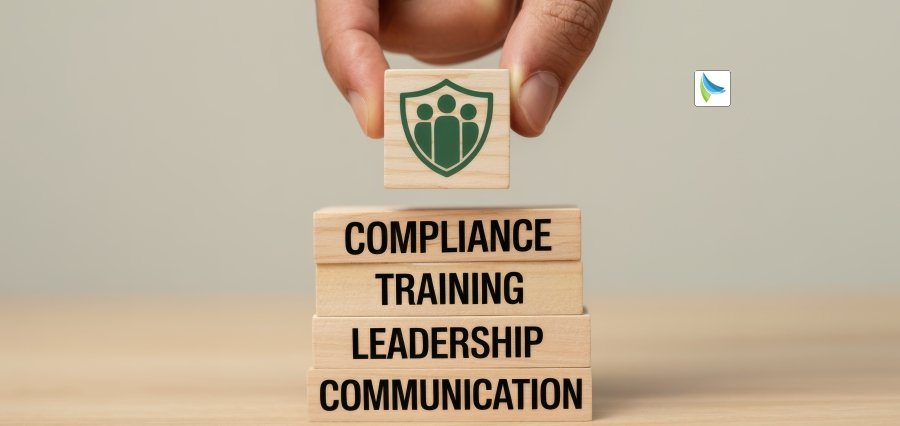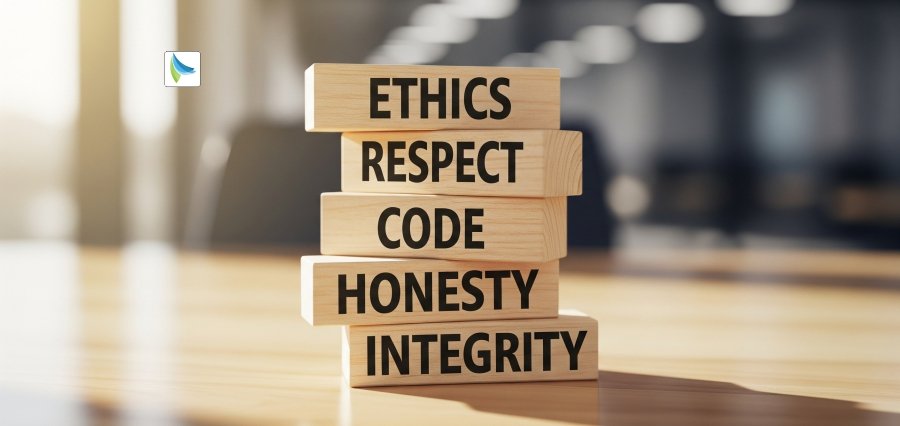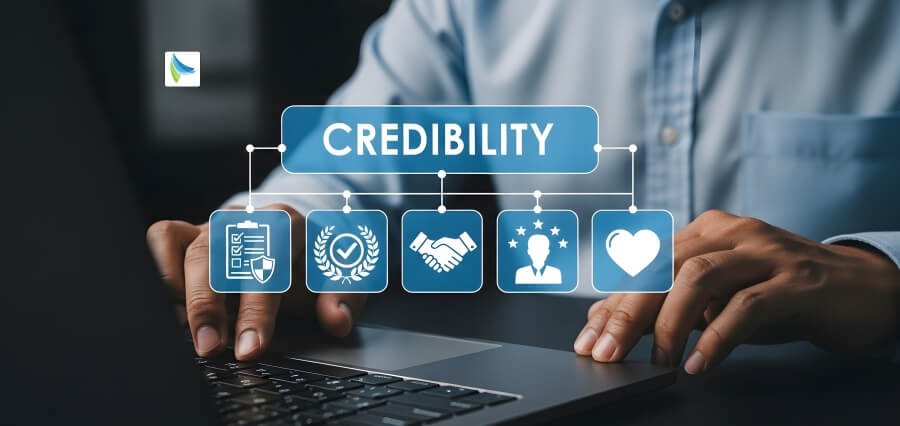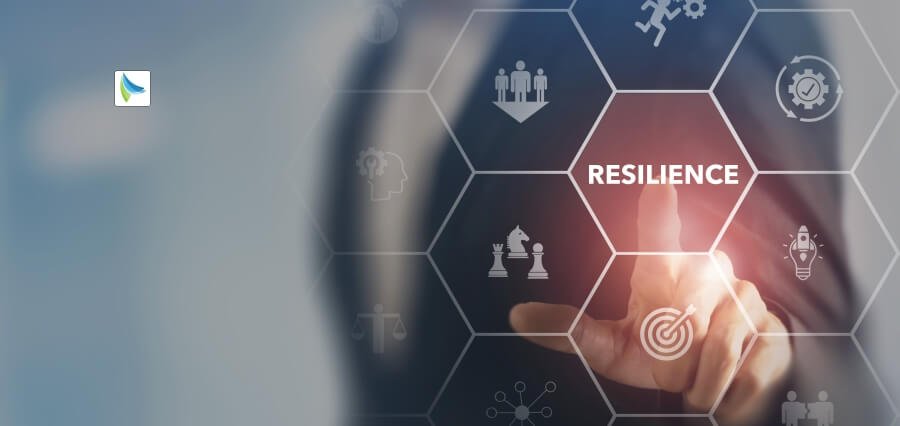Mindful Leadership
Amidst an age of constant change, information glut, and ongoing crisis, leadership has too frequently been reduced to speed, busyness, and multi-tasking. Superior leaders today are, however, discovering an acute paradox — that silence is where power generally resides. Conscious presence and emotional intelligence are redefining the process by which today’s business leaders decide, manage, and drive performance under pressure.
The Power of Presence
At its essence, mindful leadership begins with self-discipline of presence — not simply alone in body, but mind and spirit too. It is the ability to really hear, really see, and be with others and circumstances in real way. In a business environment of awareness-driven business where various agendas overlap, presence is a valuable but limited leadership attribute.
Let us talk about another essential characteristic of mindful leaders:
When leaders cultivate mindfulness, they bring difficult decisions clarity and crisis calm. This state creates psychological safety in groups, allowing for open exchange, creativity, and trust. Workers are heard and seen — not as tasks to be managed, but as human beings whose work is of value.
The Science of Stillness
Neuroscience and organizational psychology have been confirming what was long established centuries ago: calming the mind and body enhances mental and emotional capacity. Mindfulness instruction — meditation, deep breathing, or reflection journaling — reduces stress, enhances focus, and enhances emotional regulation.
For leaders, it means faster thinking, wiser judgment, and replying rather than reacting. In time of crisis or doubt, being able to stop and reflect before acting will be the difference between great leadership and reactive management. Stillness is a strategic resource that enables leaders to tap into greater vision and strength.
Emotional Intelligence and Self-Awareness
Emotionally intelligent leadership builds up emotional intelligence, primarily empathy and self-awareness. Effective leadership has the leaders possessing an awareness of their emotions to enable them to manage them well without burnout, frustration, or defensiveness to cloud their thinking.
This awareness extends outward so that leaders are attuned to the other person’s emotions and motivations. They can resolve conflicts of perspective more positively, emotionally inspire with other people, and establish a space where people feel valued and involved. From mindfulness in day-to-day leadership, emotional intelligence is not an esoteric skill anymore but is transformed into a foundation skill that fuels great organization.
Decision-Making with Clarity and Compassion
Mindful leaders are excellent because they can decide on actions which combine sense and compassion. Rather than rushing into hasty conclusions bull-headedly, thoughtful leaders provide time for reflection and input from every angle. Properly balanced action results in the optimal outcome because conclusions formulated calmly in the mind are more compassionate, ethical, and enduring.
Mindfulness also produces clarity that in turn disallows mental bias. Leaders are less susceptible to fear, ego, and manipulation by others when they are present and composed, and therefore their decisions are more likely to be made based on values and visions of the long term — the hallmarks of integrity leadership.
Leading in Uncertain Times
The new business environment is one of volatility, uncertainty, and fluid change. Reactive leadership in such a setup creates confusion and fatigue. Strategic leaders do establish inner stability that provides them the ability to stay anchored in turbulence.
This calm presence has a side effect. Employees of mindful leaders experience more engagement, better morale, and less tension. Leaders demonstrate peacefulness and moderation by example, communicating that issues are resolvable and creative solutions are preferable to reflexive reaction. Qui-ness is therefore reframed from withdrawal to mindful resilience — a cornerstone of shared resilience.
Integrating Mindfulness into Leadership Practice
Mindfulness does not require a revolution in lifestyle; it begins with brief, intentional habits. Taking sporadic minutes of quiet, uttering grace, or beginning meetings with a minute of presence can alter organizational culture over time.
Daily practice by considerate leaders usually rewards in attention, creativity, and people communication. Over time, through repetition, these habits create organizational culture — tension replaced with awareness, reactivity replaced by reflection. The outcome is a high-functioning environment where performance and well-being coexist in equilibrium.
The Ethical Dimension of Mindful Leadership
Aside from performance, ethical decision-making is facilitated by conscious leadership. A calm and conscious mind will be less swayed by pressures for instant profit or external pressure. Conscious leaders harness their intelligence, their experience, and their values to make decisions which are honest, sustainable, equitable, and long-term.
That ethical consciousness also operates to increase authenticity. Workers and stakeholders trust the individuals who always make a commitment to do what is right, and mindfulness makes that action and intention to be the same. By so doing, silencing down becomes not evasion but more attention to it.
Conclusion
In a motion-addicted world, stillness is an act of quiet resistance — and intentional stewardship at its most powerful expression. Present, emotionally aware, and attuned, leaders tap into reservoirs of power that are exponentially greater than experience or rank.
Self-aware leaders lead with assertive calm, make sounder decisions when the stakes are greatest, and build workplaces where everyone feels valued and important. They know that it’s not a matter of doing more but being more — more present, more compassionate, and more deliberate.
In the stillness between acts is the true art of leadership: decisiveness and not haste, strength and not brutality, and vision and not distraction. That is where reflective leadership is — and where the journey to future greatness in leadership starts.














